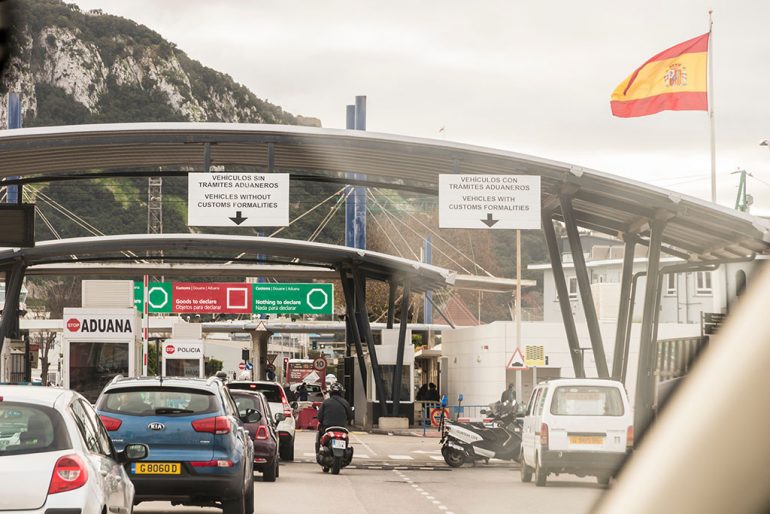
The European Union (EU) is grappling with a pressing challenge in curbing carbon emissions from passenger cars, as highlighted by the European Court of Auditors. A recent report from the auditing agency reveals that most passenger cars in the EU still emit the same amount of carbon dioxide as they did 12 years ago, emphasizing the urgent need for the EU to accelerate efforts towards achieving a zero-emissions car fleet. The auditors stress that electric vehicles (EVs) play a crucial role in this transition.
Pietro Russo, a member of the European Court of Auditors, led the audit and underscored the necessity for the EU’s “green revolution” to be built on a foundation of fewer polluting vehicles. However, he acknowledged the significant challenge, stating that a substantial reduction in CO2 emissions is unlikely as long as combustion engines continue to dominate the market. Electrifying the EU’s car fleet is identified as a major undertaking to address this issue.
Also, don’t forget that you can get discounted new car pricing with a free quote through qualified local dealer partners.
The report reveals that emissions from conventional cars, constituting nearly three-quarters of new vehicle registrations, have not decreased over the past decade. While emissions from diesel cars have remained constant, petrol cars have experienced only a marginal decrease. Technological advancements in engine efficiency are being offset by increased vehicle mass and more powerful engines. The EU’s ambitious target to achieve zero-emissions for new passenger cars by 2035 is at risk unless significant measures are taken to address the persistent emissions from conventional vehicles.
Transport sector emissions, including those from passenger cars, have contributed to a continuous growth in carbon dioxide emissions over the past 30 years. In 2021, the transport sector accounted for 23% of the EU’s total greenhouse gas emissions, with passenger cars responsible for over half of this figure. The reduction in average on-the-road CO2 emissions in recent years can be attributed mainly to the increasing adoption of electric vehicles, transitioning from 1 in every 100 new car registrations in 2018 to almost 1 in 7 in 2022.
In parallel, Europe’s largest political party, the center-right European People’s Party group (EPP), seems poised to delay the internal combustion engine ban on the continent. A leaked document of the EPP’s manifesto reveals their consistent opposition to the 2035 internal combustion engine ban. Led by German lawmaker Jens Gieseke, the EPP criticizes what they term the Commission’s “prohibition ideology” and expresses commitment to a phased-out approach for combustion engines.
Gieseke, who represented the party in discussions on CO2 standards for vehicles, warns against the decision to phase out combustion engine vehicles, predicting a “Havana effect” where Europeans might continue driving old combustion-powered cars for decades. The EPP advocates a “technology-open” approach to decarbonization, avoiding favoritism towards specific technologies like electric vehicles, a sentiment shared by the European Commission. However, what stands out is the EPP’s explicit declaration to “revise [the law] as soon as possible,” indicating their intention to reconsider an already approved legislation.
It’s worth noting that in March of the previous year, Germany and the European Union reached a compromise on a proposed ban starting in 2035. Automakers can still sell internal combustion engine (ICE) vehicles if they run on e-fuel, produced through a process involving carbon capture and hydrogen production from renewable energy, considered carbon-neutral during combustion as the captured CO2 returns to the atmosphere.
Sources: Associated Press, Euractiv via Motor1